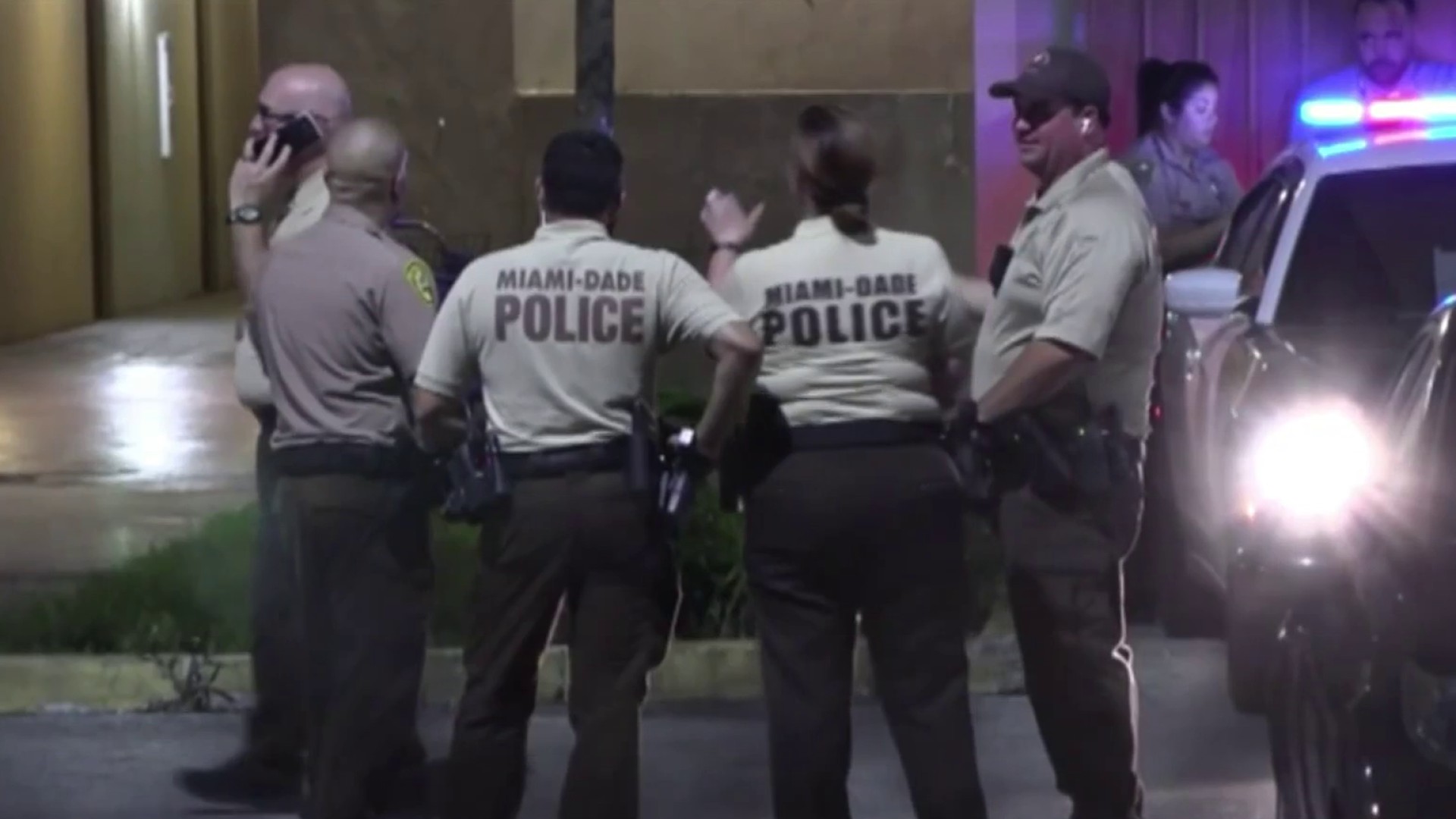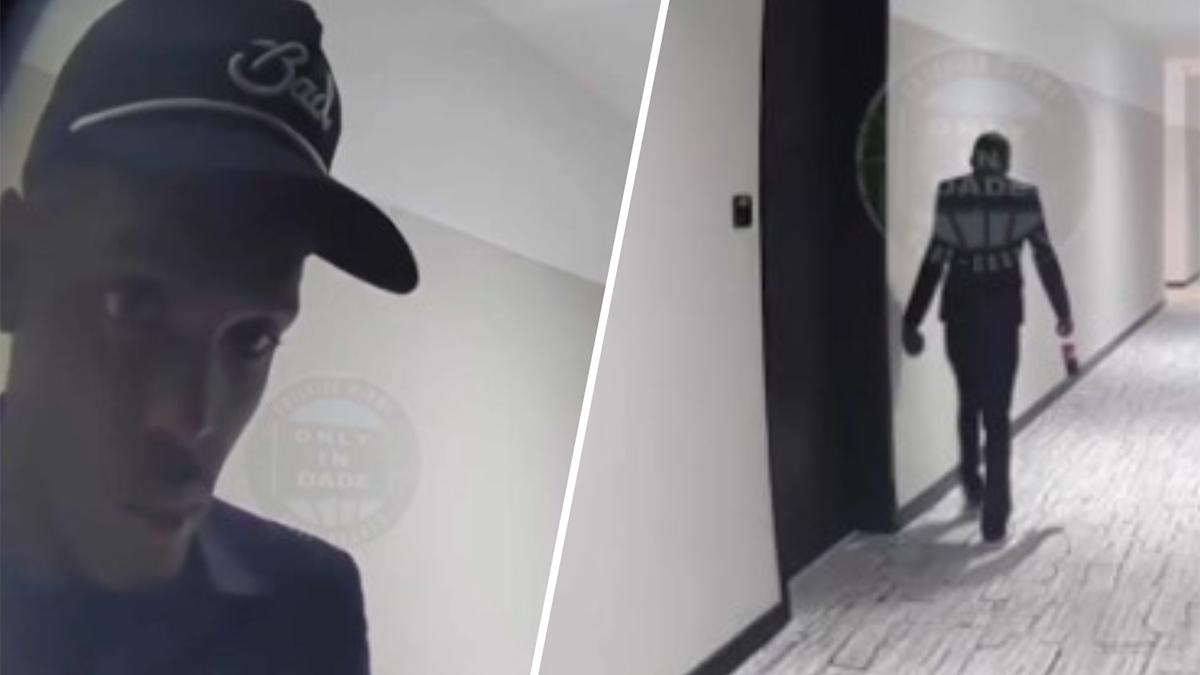Pope Francis had me way before the polyhedron. Regardless of where on the faith spectrum one falls, how can one not be moved by this Messenger of Peace?
But the Pope's use of geometry as an analog for globalization during his address at Independence Hall in Philadelphia on Saturday was, for this atmospheric scientist, the climax of a historic week in the United States. In saying that globalization was good, as long as it was applied properly, Pope Francis suggested that it would be best if modeled after a polyhedron instead of a sphere.
A sphere suggests uniformity, but a polyhedron has numerous facets, which preserve the uniqueness of individuals, countries and cultures.
I don't really know how many people were able to grasp the beauty of this analogy. In the U.S. in particular we face significant challenges in math and scientific literacy. But it flowed quite naturally from Pope Francis, who trained and worked in the field of chemistry.
During his visit, Pope Francis showed a "deft touch," as the New York Times put it, while addressing a wide variety of important subjects. But his calls for environmental stewardship and action on climate change were unmistakably vigorous. After rolling up to the White House in a fuel-efficient Fiat on Wednesday, Pope Francis addressed the crowd and President Obama directly:
"Mr. President, I find it encouraging that you are proposing an initiative for reducing air pollution. It seems clear to me also that climate change is a problem which can no longer be left to a future generation. When it comes to the care of our “common home”, we are living at a critical moment in history."
In one fell swoop, the pope applauded new Environmental Protection Agency regulatory initiatives while highlighting the urgency of our shared planetary challenge of global warming.
Local
He then cited Laudato Si,' Pope Francis' groundbreaking second encyclical subtitled "On the care of our common home":
"Humanity still has the ability to work together in building our common home."
The following day Pope Francis addressed a joint meeting of Congress. Perhaps realizing the tremendous divisiveness that exists in that body regarding climate science, the pope used more nuanced language. But I think he was trying to get everyone to sit at the table and have a grown-up conversation when he said:
"We need a conversation that includes everyone, since the environmental challenge we are facing affects us all."
That statement also tied in this Pope's unrelenting calls for helping the poor, those that have been "overlooked," as he says. After all, weather extremes brought on by climate change disproportionately affect those that are less fortunate.
His biggest plea to Congress came with a good deal of optimism:
"I call for a courageous and responsible effort to 'redirect our steps,' and to avert the most serious effects of the environmental deterioration caused by human activity. I am convinced that we can make a difference and I have no doubt that the United States – and this Congress – have an important role to play."
At the United Nations in New York, Pope Francis couldn't have been more forthright in his address to the General Assembly:
"Ecological destruction could place the human species in danger of extinction."
But then he left us with a hopeful wish for the summit of the 196 signatories of the U.N. Framework Convention of Climate Change (UNFCCC), known as the Conference of Parties (COP21), coming up this December in France:
"I'm confident that Paris will yield an important agreement."
As it stands today, all signs point to only limited progress in Paris that would still allow the world to heat up by more than 6 degrees Fahrenheit.
Pope Francis asked everyone he met to pray for him. Perhaps we, as stewards of the planet, need to ask for the same.



